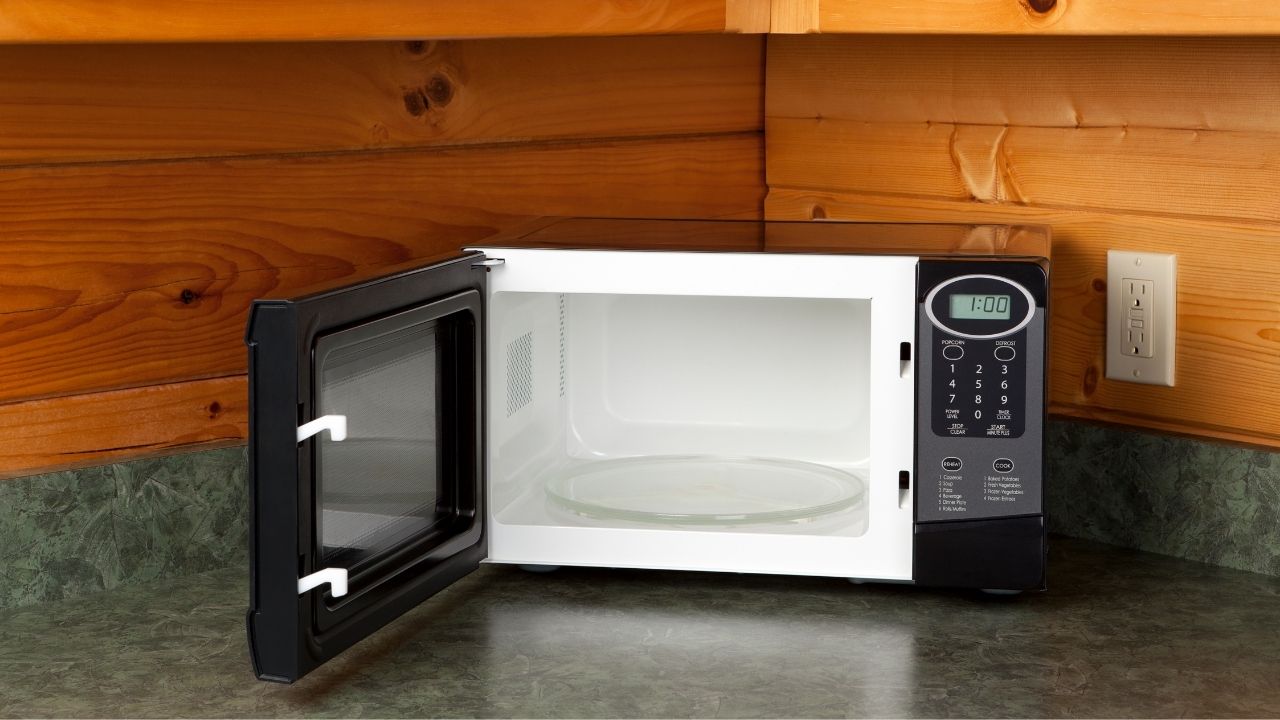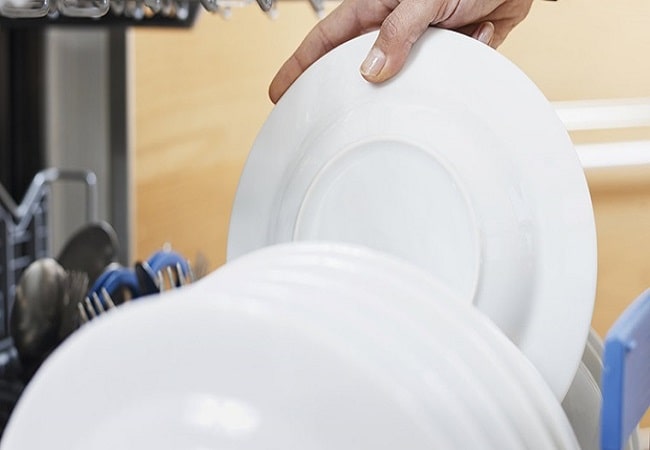There are several reasons why microwave oven is not heating properly. The most common reason is that the microwave is not getting enough power. A bad power cord or a fuse box issue may blame for this. The microwave’s improper grounding is another potential issue. A loose wire or an issue with the grounding system may be to blame.
In this article, we will explore some of the most common reasons for this problem and provide tips on fixing it.
Contents
What are the Symptoms of a Not Heating Microwave?
A not heating microwave is an indication that there may be a problem with the heating element. The most common symptom of a not heating microwave is that food does not heat up. Other symptoms may include:
- One of the most common is that the oven will not heat food to the desired temperature.
- Secondly, the oven may take longer than normal to heat food.
- And finally, there’s the issue of uneven heating. Let’s pretend you’re dealing with some of these issues. It is likely that your microwave is not heating properly and needs to be repaired or replaced.
Why is your microwave turning on but not heating?
Several reasons your microwave might be turning on but not heating. The most common reasons are listed below.
- The door is open.
- The power level is set too low.
- 3. The microwave is not plugged in.
- 4. The fuse is blown.
- 5. The power cord is damaged.
- 6. The magnetron is damaged.
How do you fix a microwave that is not heating?
If your microwave is not heating, it could be due to several factors. Here are some possible causes and solutions to try:
- Make sure the microwave is plugged in and receiving power. Check the circuit breaker or fuse box to see if the circuit for the microwave is tripped or blown.
- The door of the microwave may not be sealing properly. Make sure the door is closed and check for any gaps around the door.
- The microwave may need to be reset. Consult the owner’s manual for instructions on how to do this.
- The magnetron, the part of the microwave that produces the heat, may be damaged. This is a more serious problem that will likely require the assistance of a qualified technician.
How to repair a microwave oven, not heating?
If your microwave oven isn’t heating, there could be a few reasons. Before repairing it, ensure the problem isn’t with the power cord or outlet. If it is, you’ll need to fix those problems before working on the microwave.
If the microwave oven isn’t turning on, check if it’s plugged in and if the outlet works. If it is, there might be a problem with the fuse or circuit breaker. Try resetting the breaker or replacing the fuse.
Something might block the heat from circulating properly if the oven seems to be working but isn’t heating up. Check to see if anything is blocking the vents and remove any obstructions. You might also need to clean out the inside of the oven.
What causes a magnetron to fail?
When a magnetron fails, it is due to several reasons.
- One of the most common reasons is that the filament inside the magnetron has burned out. This can cause by several factors, including age, use, and power surges. When the filament burns out, it can’t create the heat necessary to generate microwaves, so the oven will no longer produce heat or microwaves.
- Another common reason for a magnetron to fail is water infiltration. If water gets into the magnetron, it can cause shorting and arcing, damaging the magnetron and eventually causing it to fail.
- Finally, a failed magnetron can also be caused by a power surge. Suppose there is a sudden increase in voltage going into the magnetron. In that case, it can cause the components to overheat and fail.
How do I know if your microwave fuse is blown?
There are a few ways to determine if your microwave fuse is blown.
- One way is to look at the fuse itself. If the fuse is broken or melted, the fuse is likely blown.
- Another way to determine if the fuse is blown is to listen for a humming noise when the microwave is turned on. When nothing happens, it could be because the fuse has been blown.
- Finally, you can test the fuse by using a continuity tester. If the tester lights up when it touches both ends of the fuse, then the fuse is not blown.
frequently asked questions
How many years does a microwave oven last?
Microwave ovens are a common appliance in many households. They are often used to heat food quickly, but how long do they last? The average lifespan of a microwave oven is ten years. However, if the oven is used frequently or is not properly maintained, it may only last for 5-7 years. You can do several things to help your microwave oven last longer.
- First, make sure that you clean it regularly. Food particles and grease can build up inside the oven and cause it to overheat.
- Second, never operate the microwave with the door open. This can also cause the oven to overheat.
- Finally, always unplug the microwave when it is not in use.
This is a question that many people have wondered about, and the answer is not as straightforward as you might think. Microwaves do not have a reset button, but some models do. If your microwave does not have a reset button, you need to unplug it and plug it back in to restart it.
How do I know if my microwave thermal fuse is bad?
The easiest way to determine whether your thermal fuse is bad is to test it with a multimeter. Set the multimeter to read resistance, then touch the two probes to each fuse’s terminals. If the meter reads zero resistance, the fuse is bad and must be replaced.
If you don’t feel comfortable testing the thermal fuse yourself, you can take your microwave to a repair shop and have them test it for you.
How many fuses are in a microwave?
There are typically two fuses in a microwave–one for the power and one for the magnetron. If either of these fuses blows, the microwave will not operate.
Can you repair a microwave oven?
Can you repair a microwave oven? Depending on the problem, you may be able to fix it yourself. Here are some tips for repairing a microwave oven:
- Inspect the oven for visible damage. If the door is broken, the oven will need to be replaced.
- If the oven isn’t turning on, check to ensure it’s plugged in and there is the power to the outlet.
- If the oven is cooking unevenly or not, check the turntable and ensure it’s in place and rotating correctly.
- If sparking or arcing is inside the oven, unplug it and call a professional technician. Arcing can cause extensive damage and is not safe to repair yourself.
How do you test a magnetron?
Testing a magnetron is not as difficult as one might think. You can follow a few simple steps to ensure the magnetron is working properly.
- One should start by visually inspecting the magnetron for any damage.
- Next, a multimeter is used to test the filament’s resistance.
- Finally, a power supply can use to test the magnetron’s output.
Conclusion
In conclusion, the microwave oven is not heating because the magnetron is not working. The capacitor is also not working, so the oven is not producing any heat. There are a few possible solutions to this problem, such as replacing the magnetron or the capacitor. However, it is crucial to identify the cause of the magnetron and capacitor’s malfunction before attempting to fix the oven.





Leave a Reply